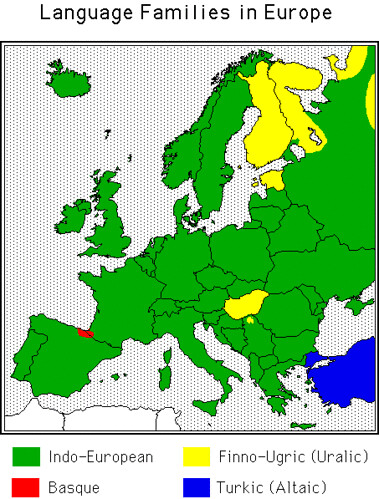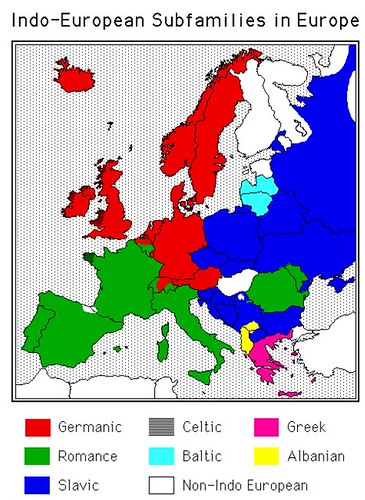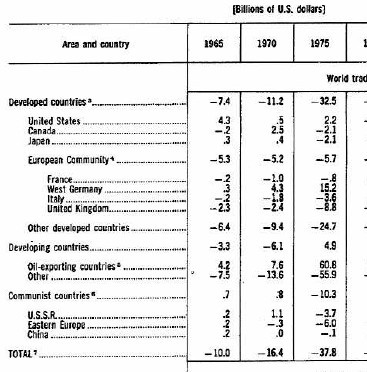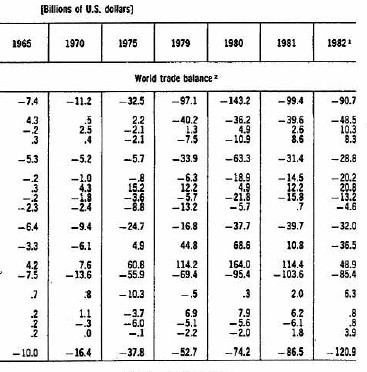Japoniera: korronte kritikoa
Functional linguistics also began to develop as a field in the 1970s, in the work of linguists such as Joan Bybee, Bernard Comrie, John Haiman, Paul Hopper, Sandra Thompson, and Tom Givon. The principal focus of functional linguistics is on explanatory principles that derive from language as a communicative system,...Eta Tom Givon-ek (2005) dio (erantzunez ki galdera oso interesgarri bat on Bittor Hidalgo hizkuntzalari eta EHUko irakaslea):
Dear Bittor,
One could make a few methodological suggestions about how to approach the problem(s) you raised:
1. Synchronic morphology is most often the best guide for reconstructing older syntax. There is not a single shred of evidence in Japanese morphology indicating anything but SOV syntax (see Givon 1971, 1979, 1983 ed., 2001, inter alia).
2. In general, SOV is the oldest attested word-order in human language. Most natural (non-contact induced) drift is, as far as I know, always away from SOV, not toward it (Givon 1979; Ruhlen & Gell-Man, forthcoming).
3. All natural languages with 'rigid' word-order have much freer word-order in actual natural (oral) communication, with much pragmatically-determined variation. Put another way, rigid WO is relative, never absolute.
These are all old hats, by the way, so much so that I feel somewhat embarrassed to re-state them (again...).
Best regards, TG
Beraz, hor ikusten dugu nolako inportantea den bereiztea zein baldintzatan gertatu diren hizkuntza-aldaketak (jakina, ahal den neurrian).
Hemen doa galdera hon Bittor Hidalgo (zeini erantzun dio Givón-ek):
It is everywhere rigidly claimed that Japanese is (always) a rigid verb final language. But has always been so? I have no reference about Japanese historical and dialectal word order development and variation, and I would thank any. My concern would be to know if Japanese has always and everywhere been so a rigid-verb-final language? Or on the contrary, as it is the case of other characteristics (cf. Gottlieb, 2005), verb rigid finality is also a claime, more or less born or rigidly developed at the last century, with the general standardization process of Japanese? Beside, I would definitely want to know if even current Japanese spontaneous (oral) word order is so rigidly verb final as claimed? Because between some other, at least P.M. Clancy (1982) or Matsumoto (2003) claim that Japanese spoken word order is not so rigid (as Matsumoto says, 4: Japanese spoken discourse consists not only of basic canonical SOV word order constructions involving pre-predicate elements, but also of marked word order constructions involving post-predicate elements). And Shibamoto (1985, ap. Gottlieb 2005, 14) «found that women often reverse the normal word order, putting the subject after the predicate», where predicate seems to include the verb). Then, what is Japanese rigid verb final condition, a description or a desideratum?Bittor Hidalgo-k bilatu du ebidentziarik respektu nola aldatu den Japonieraren hitz-ordena, baina ez du aurkitu (ikus):
And if Japanese is so a rigid verb final language how can the current Japanese hearer or listener manage to easily understand verb final long (very long) sentences, as those with verbs of thinking or saying? Maybe, it is necessary for them to start reading (not listening, of course, they can not) by the end to understand sentences, as it is usually recommended for foreigners («Sometimes it is good to start from the end of the sentence and work your way to the beginning. In that way you will learn the most important info first (the verb) and move to what is made to happen and who does it.»). Because cognitive processement constrictions seem to be more or less similar for humankind, ... And by the same way, how does children language work? Is it also so rigid verb final always?
But I didn't find either any reference about word order historical variation. Maybe because it is absolutely true as G.B. Sansom states (An Historical Grammar of Japanese 1928 [1995], 339) "word order can be said to have remained unchanged -c'est à dire, has been verb-final- since the Nara period -710-784 a.D., I think-"?."Nara period" hori da garai zaharrena zeinetan den existitzen dokumentazioa: VIII mendea.
Bestalde, ondorengoa irakurri ahal dugu an "The World's major languages":
"Another persistent mith is that Japanese, compared to Western languages, notably French, is illogical and/or vague. This belief, remarkable as it may be, is most conspicuously professed by certain Japanese intelectuals well versed in European languages and philosophy. Their conviction is undoubtedly a reflection of the inferiority complex of the part of Japanese intellectuals toward Western civilisation. After all, Japan's modernisation effort started only after the Meiji Restoration (1867). Prior to this, Japan had maintained a feudalistic society and a cloosed-door policy to the rest of the world for nearly 250 years." [Masayoshi Shibatani, 855. or.]¿Esplikazioa al da ha inferiority complex of the part of Japanese intellectuals? Oso pobrea iruditzen zait esplikazio hori. Edonola ere, Japonian existitzen da korronte kritiko bat: zinez, oso interesgarria. [73] [>>>]








